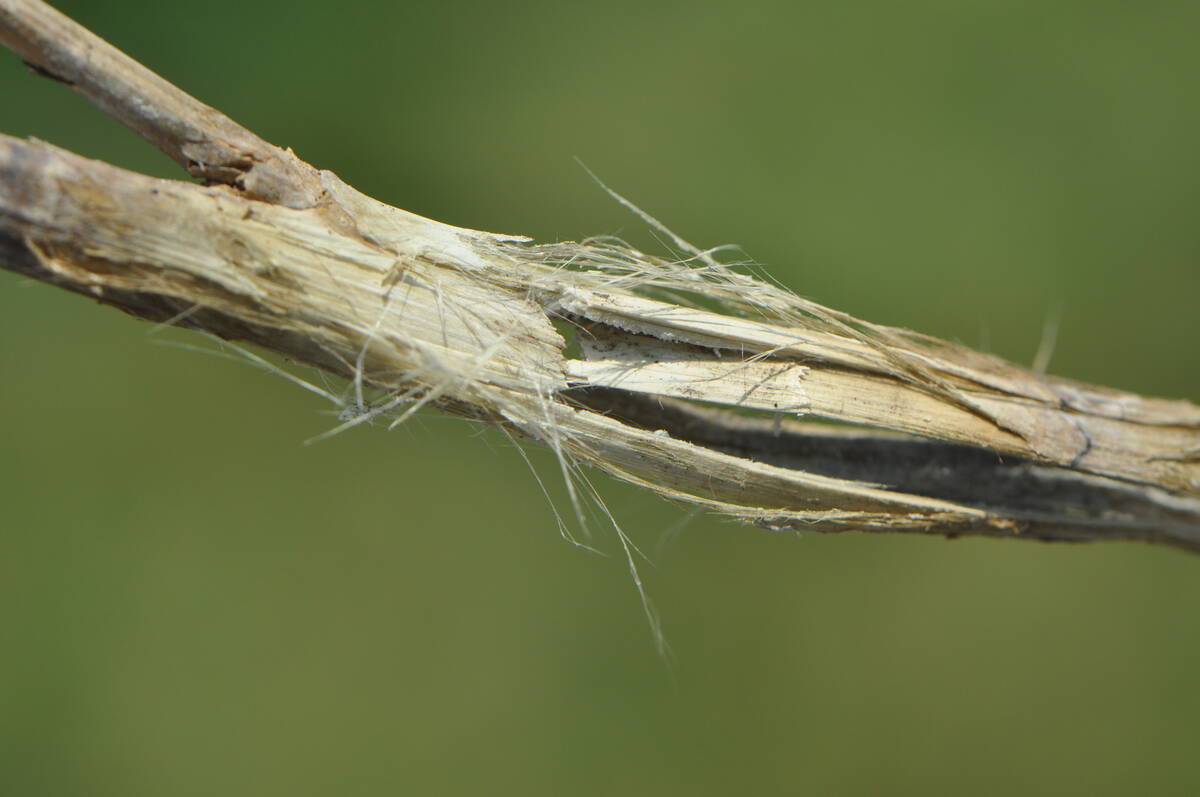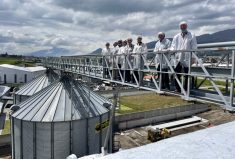Russian grain growers have formed a new lobby which aims to defend the interests of growers rather than traders, the head of the new lobby, the National Grain Producers Union (NGPU) said March 23.
“The grain glut problem is very acute,” the head of the NGPU Pavel Skurikhin, who is also the chairman of major grain firm the Siberian Agrarian Holding Group, told reporters on the sidelines of the lobby’s founding congress attended by 205 delegates representing over 30 regions.
“So the question is where do we go now – either we cut output, and such a threat is very real, or we keep raising production,” he said, commenting on the necessity of producers to unite.
Read Also

Manitoba sclerotinia picture mixed for 2025
Variations in weather and crop development in this year’s Manitoba canola fields make blanket sclerotinia outlooks hard to pin down
Russia, which had high grain crops in the last few years, is sitting on huge grain stocks and has little space to accept new crop cereals. Its underdeveloped infrastructure complicates exports and pushes prices down, damaging grain growers.
The prospect of cutting output contradicts the country’s official strategy of developing infrastructure in order to double exports to some 35 million to 40 million tonnes by 2015.
Skurikhin said his union plans to co-operate with the existing grain lobby, the Russian Grain Union.
“The Russian Grains Union unites some 95 per cent of exporters,” he said. “I am interested in working with exporters so that we could understand what to produce.”
But he said the NGPU aimed to become a supplier of the state grain trader, the United Grain Company.
“We are considering setting up a strategic partnership with the United Grain Company, a structure made to compete with the international traders, who operate on our market,” he said.
“We want to work with a state company, which is interested not only in receiving profits but in developing domestic production.”
Russia’s First Deputy Prime Minister Viktor Zubkov, in charge of agriculture, said at the congress he expected the two lobbies to co-operate between them.
“This is a normal phenomenon when we have one union already operating and another, which will unite an additional number of efficient producers,” he said.


















